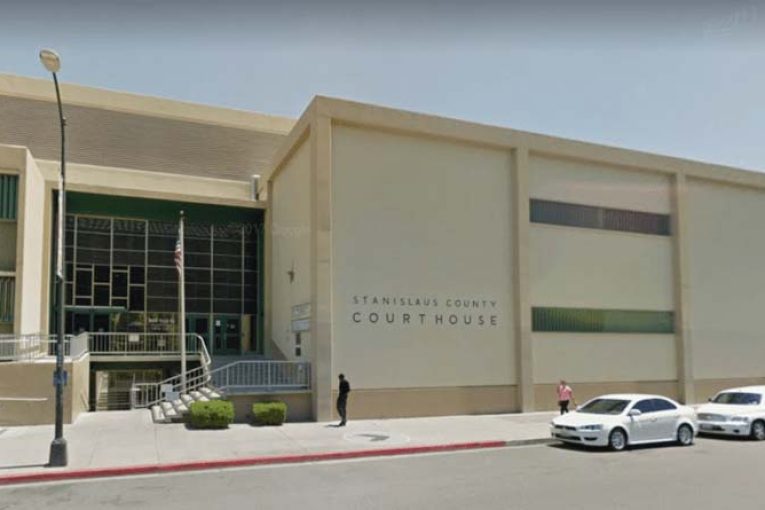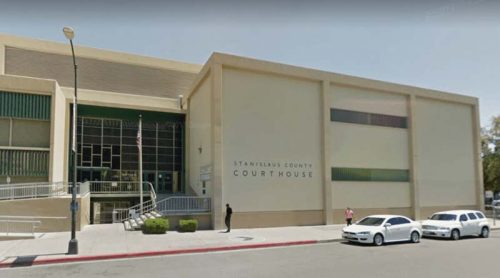

By Jariah Moore
MODESTO, CA – Judge Jeff Mangar here in Stanislaus County Superior Court this week denied a motion to dismiss a woman’s driving under the influence case, even though the prosecutor failed to contact the accused for two years.
The case was filed on July 6, 2020, after an alleged DUI took place on May 20, 2020. The arraignment was set for September 19 of that year. However, the accused failed to appear for the hearing.
Following an order for a bench warrant, the arraignment hearing did not take place until August 22, 2022, about two years later.
The defense argued that, according to past cases, a delay longer than one year is considered excessive.
The prosecutor said the accused had multiple addresses, making correspondence difficult to deliver. However, the accused had made sure to file her new address with the DMV.
“She was voting, she had bills, there were ways to find her whereabouts, especially if it’s just a simple DMV inquiry,” the defense stated.
“The government can offer no legitimate justification for the delay,” the defense argued further, adding the government bears the responsibility for a client appearing in court.
Given the actions of the prosecutor, the defense made a claim of prejudice on the part of the prosecutor, “particularly in impairment of the defense.”
As a result of the delay, the defense charged the accused will have a more difficult time recalling the details of the incident.
“I’m saying that the facts are not as clear in the mind, compared to if it was, if it was brought into court within a reasonable time. Because there is so long that has passed, our defense, or the way we would have approached the defense, it’s different than if it would’ve been brought within a reasonable time frame,” said the defense.
But both Judge Mangar and the District Attorney blamed the Covid pandemic as a possible cause of the delay.
The accused was called to court “in the middle of a pandemic, [when] no one was being picked up, booked, and arrested,” the prosecutor claimed.
The prosecution added that because the evidence from the breathalyzer test from that day had been recorded, and the officers present during the incident are still available, then holding a hearing for the incident would not be unfair to the accused.
The prosecution also suggested the defendant’s inability to recall what happened during the incident may be blamed on her intoxication at that time.
The prosecutor also said the accused’s failure to appear for her original court date was the “triggering event for the delay, and claimed, “I don’t believe there’s any evidence to show any actual prejudice.”
The judge denied the defense’s motion to dismiss the case, agreeing the pandemic was to blame for the delay, explaining, “The court does not believe it was an excessive period of time.”
Judge Mangar said the accused’s inability to remember details of the incident is not prejudice on the part of the prosecution, and set the next hearing for May 18.